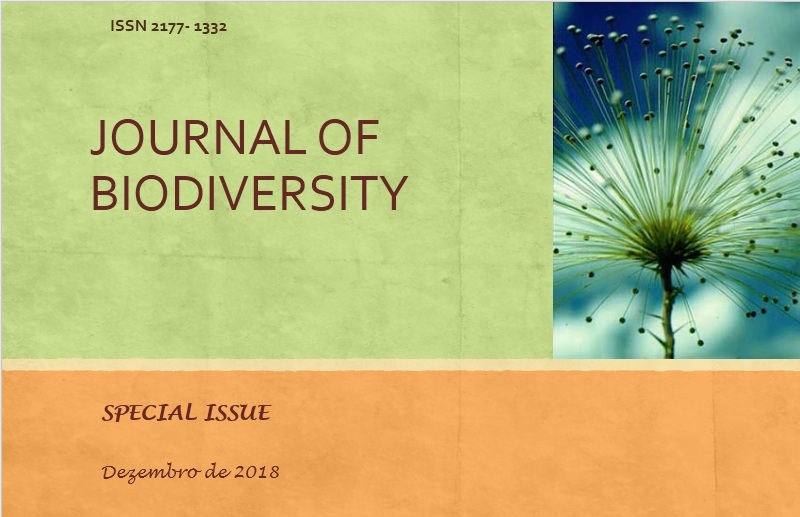ADAPTABILITY, STABILITY AND GENOTYPE BY ENVIRONMENT INTERACTION USING THE AMMI MODEL FOR MULTIENVIRONMENT TRIALS
Resumo
The genotype by environment interaction (GEI) has an influence on the selection and recommendation of cultivars. One of the determinant factors in the success of breeding programs that aim to select genotypes for different geographical regions is understanding the interaction between genotypes and environments. The aim of this work is to study the effect of GEI and evaluate the adaptability and stability of productivity (t/ha) of nine maize genotypes using AMMI model (Additive Main effects and Multiplicative Interaction). The AMMI model is one of the most widely used statistical tools in the analysis of multiple-environment trials. The data is provided by the International Maize Improvement Center (CIMMYT) and an experiment concerning 20 genotypes evaluated in 8 countries. The AMMI model identified the best combinations of genotypes and environments with respect to the response variable. Some progenies with greater productivity and stability were identified, although stability is not associated with productivity. The genotypes G4 and G19 were the most recommended in this data set.
Keywords: Adaptability and stability, biplot analysis, multienvironment trials.



